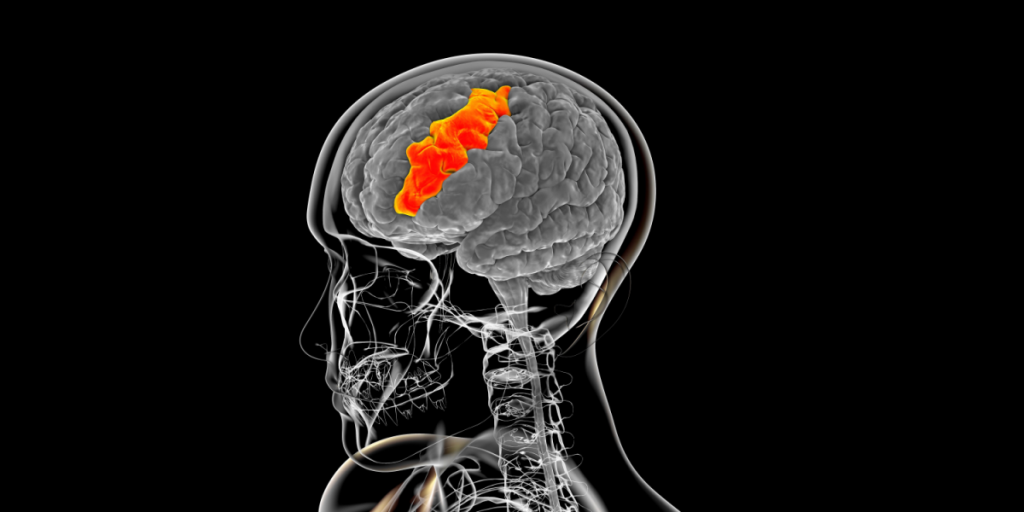There’s actually significant changes in the volume of specific regions of the brain.
Others are reading now
There’s actually significant changes in the volume of specific regions of the brain.
Work, work, work

Some enjoy it, some hate it, some leave as soon as they can, and some would do it even in their sleep, if they could.
Work is part of life, but what does it actually do to us?
“The man who loves his job …”

The old saying goes something like: “The man who loves his job never works a day in his life”.
Also read
We’ll leave it up to you to decide if that’s true, but even if you love your work, it can still change you.
Work-life-balance

A new study wanted to investigate the effects of overwork on the brin structure to better understand its impact on workers’ cognitive and emotional health.
And the results were frightening.
How they did it

The researchers recruited 110 healthcare workers and classified them into overworked (at least 52 hours per week) and non-overworked.
The workers brain volume was then assessed and the models adjusted for age, total intracranial volume and more.
What it showed

The overworked individuals exhibited significant changes in regions of the brain associated with executive function and emotional regulation.
Brain region grew

The researchers also saw a 19 % increase in volume of the left caudal middle frontal gyrus part of the brain compared to the non-overworked group
If that part of the brain grows, it could lead to various cognitive and behavioral changes, particularly related to executive functions, working memory, and potentially language skills
What it tells us

According to the researchers, the results show us that there is a link between structural brain changes and overwork – especially in the regions linked to emotion and cognition.
Changes needed?

The study is the first of it’s kind, meaning there is no other data available on the subject.
However, the results suggest that both employers and employees need to take these neurological changes into account.
Include neuroscience

In their conclusion, the researchers underline the need to develop interventions that protect workers’ mental and physical well-being in the face of increasing work demands.
Can it be reversed?

The researchers emphazise that more research is needed, and there are a lot of questions that need answers.
For example: Is it possible to reverse the neurological changes?


